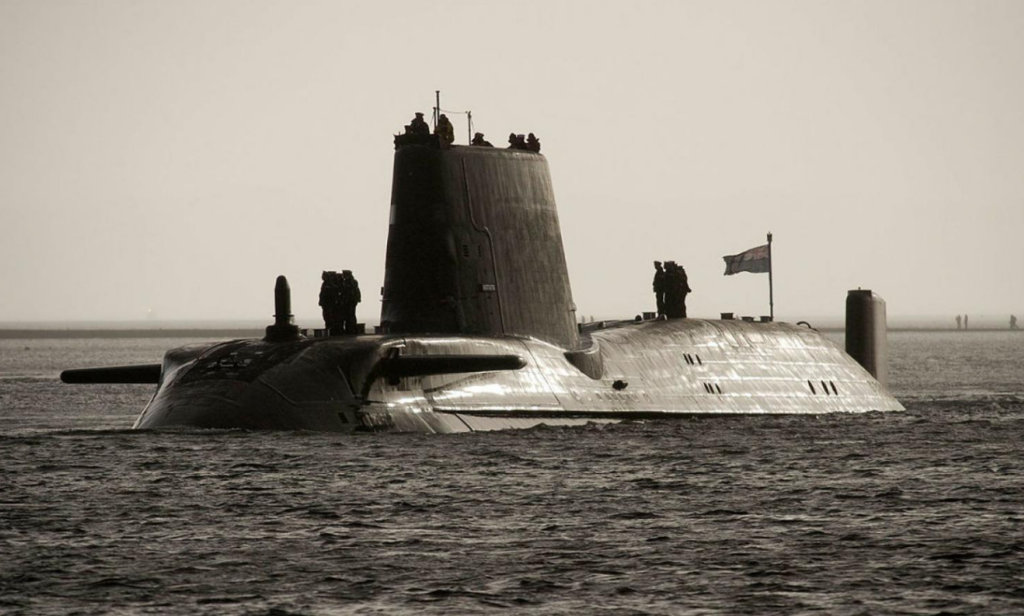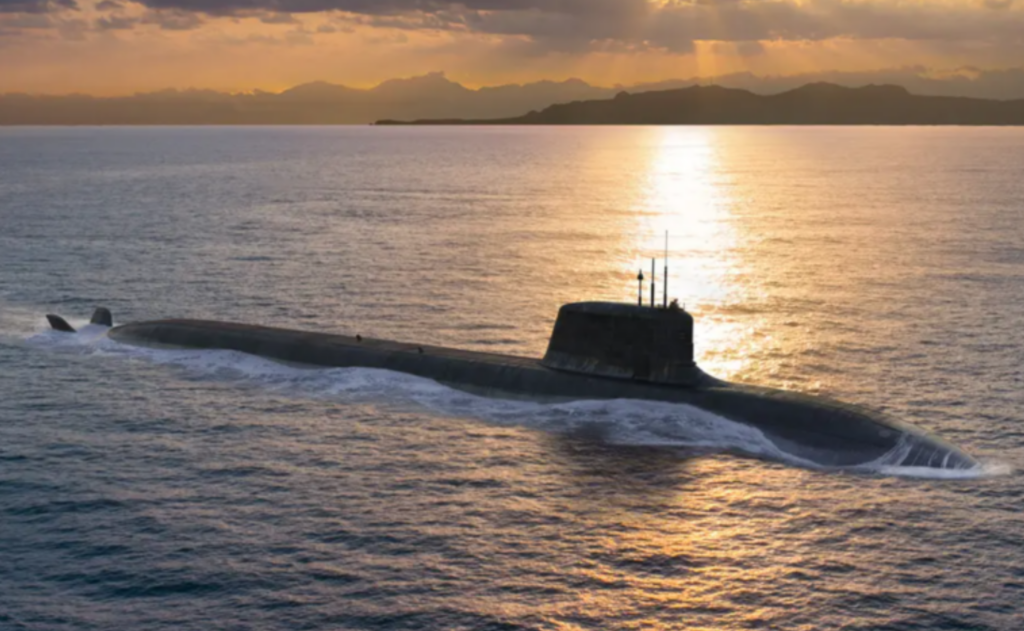Australia and the UK Sign 50-Year Agreement for SSN-AUKUS Nuclear Submarines
Australia and the United Kingdom signed a landmark 50-year defense treaty (the Geelong Treaty) to strengthen their cooperation on the AUKUS nuclear-powered submarine program on July 26, 2025. This bilateral pact was signed in Geelong, Victoria, and commits both nations for the next five decades under AUKUS Pillar I, aiming to give Australia modern SSN attack submarines to bolster Indo-Pacific security.
Under the Geelong Treaty, Canberra and London will “enable comprehensive cooperation on the design, build, operation, sustainment, and disposal” of SSN-AUKUS submarines. The agreement covers the development of the necessary infrastructure, personnel, and regulations for Australia’s nuclear submarine program. It creates a “seamless defense industrial base” between the UK and Australia, with shipyards and suppliers in both countries sharing parts and expertise.

Australia will initially receive three Virginia-class attack submarines (with options for up to five) from the United States in the early 2030s, providing the Royal Australian Navy with experience with nuclear-powered vessels. Britain plans to build up to twelve SSN-AUKUS submarines (replacing its current Astute-class boats), with launches expected to start in the late 2030s. Australia will then build approximately five SSN-AUKUS submarines at its Osborne shipyard, with the first Australian-built boat scheduled for the early 2040s. The SSN-AUKUS design is based on the UK’s next-generation SSN plan, featuring a British hull and Rolls-Royce reactor fitted with U.S. combat electronics and vertical launch tubes. These 10,000-ton submarines will be highly stealthy and durable. Equipped with torpedoes and Tomahawk cruise missiles, they will feature advanced sonar and combat systems, including AI-assisted automation, for multiple mission roles.
AUKUS is Australia’s largest defense project, with Canberra budgeting roughly A$368 billion (about US$270 billion) over 30 years. It involves significant investments in allied shipbuilding. For example, Australia will spend around $4.6 billion helping UK industry develop submarine reactors (and a similar amount for the U.S.), and UK officials say the SSN-AUKUS program could generate over £20 billion in export contracts for British companies. By tightly integrating supply chains, the treaty is expected to create thousands of skilled jobs in both nations. Beyond economics, the Geelong Treaty is strategic: it secures Australia’s transition from diesel Collins-class submarines to a modern nuclear fleet, significantly enhancing deterrence against regional threats and reassuring allies under the AUKUS banner.

